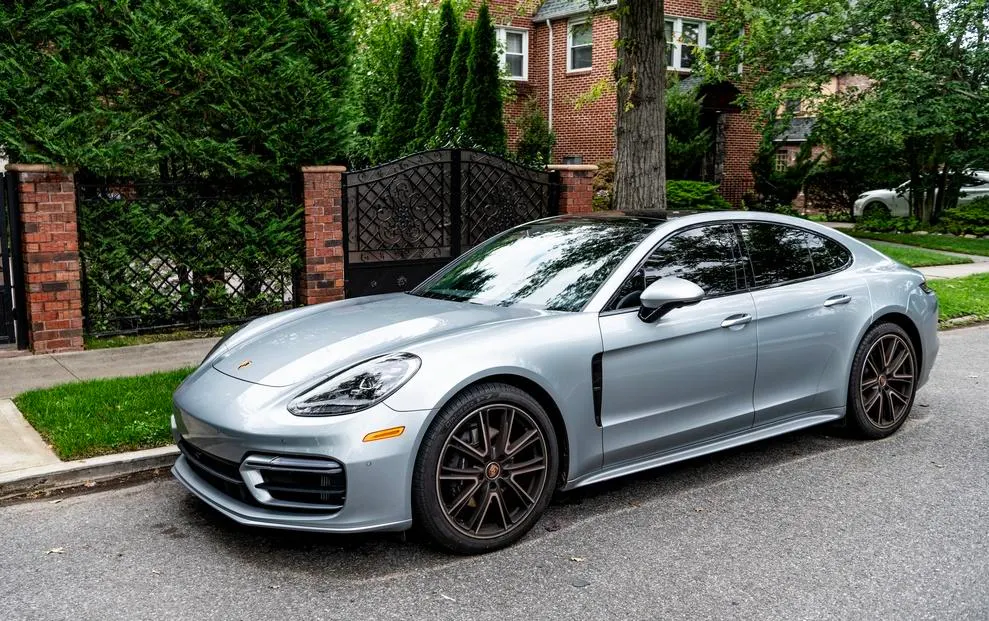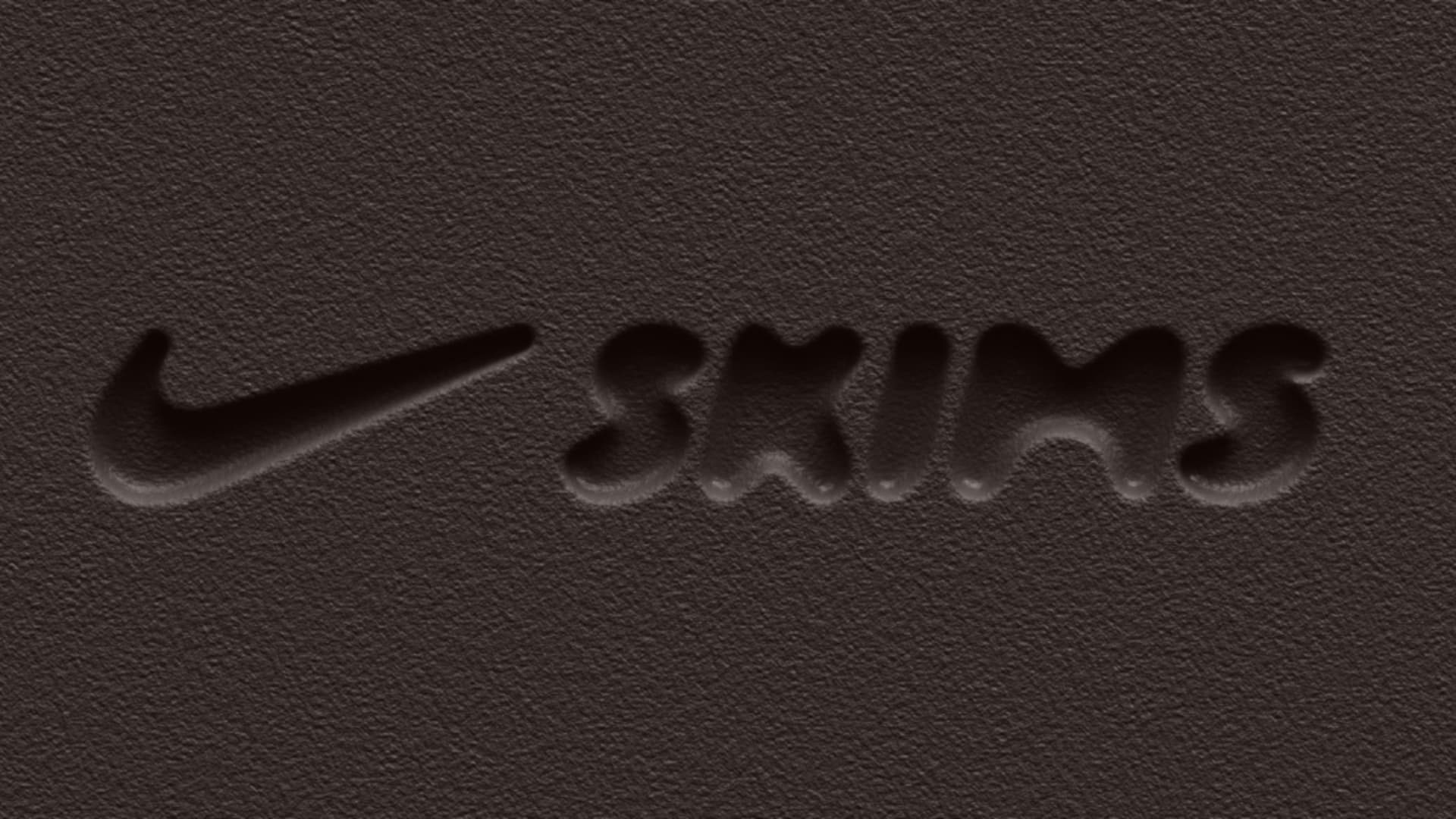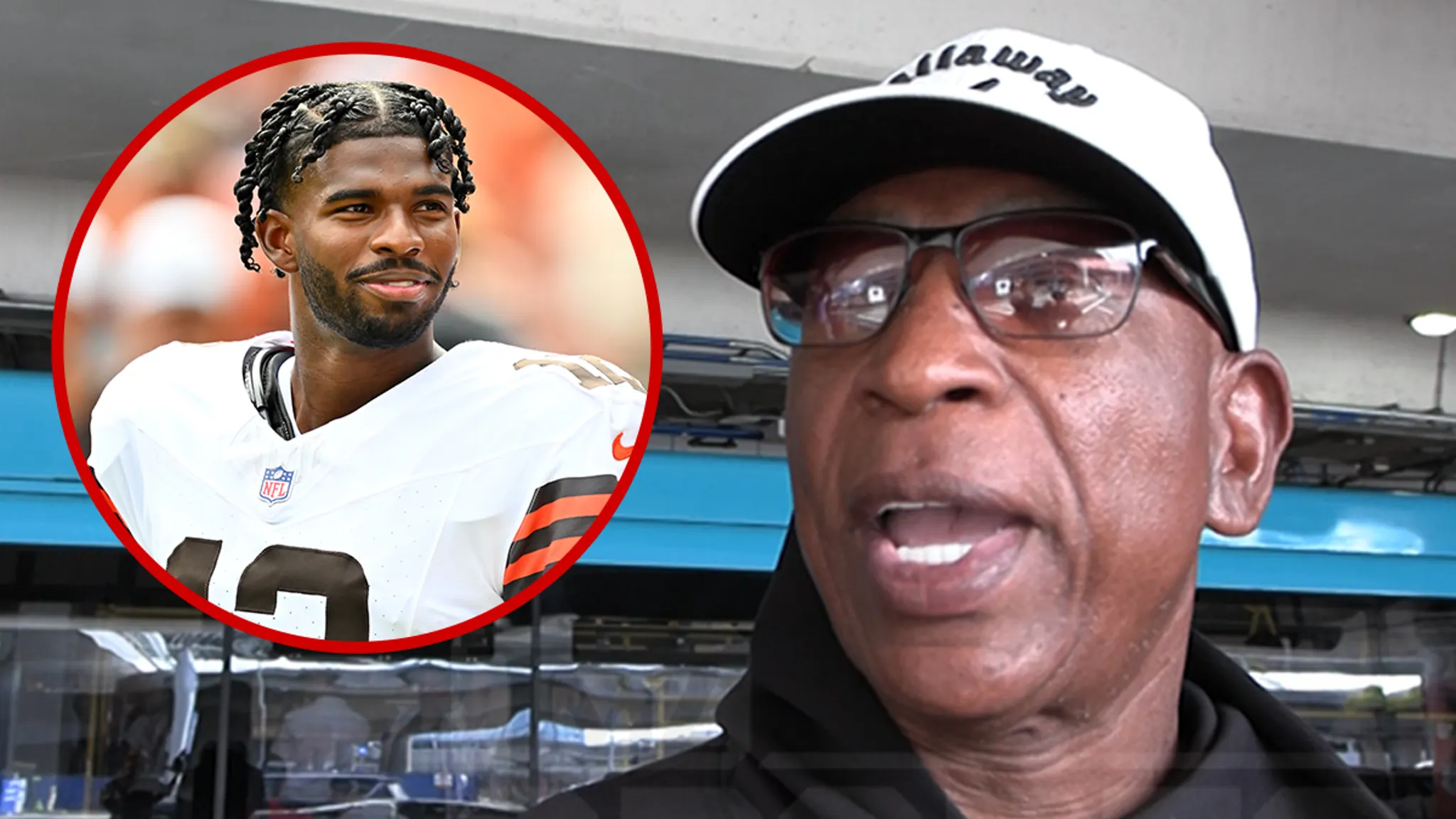By Neil Winton,Senior Contributor
Copyright forbes

The Porsche Panamera. An electric version has been delayed until the 2030s. It will continue to be produced with combustion engines and as a plug-in hybrid until the 2030s.
Porsche shares mirrored the recovery of its parent Volkswagen Tuesday after news the storied sports car maker told VW this year’s profits will fall by €1.8 billion ($2.1 billion), hit by over-ambitious electric vehicle plans.
Volkswagen, which owns 75% of Porsche, followed up with a €5.1 billion ($6 billion) profit warning of its own.
This was Porsche’s third profit warning this year, prompting speculation that its days as a highly-priced luxury stock might be over.
Porsche has been hit hard by a problems with its transition to electric vehicles at the same time as sales in its biggest market, price war ridden China, have been diving. U.S. tariff wars have also undermined profits. China and the U.S. account for nearly half of the company’s sales. Porsche will delay and cancel some electrification plans and extend the life of combustion versions like the Cayenne SUV and Panamera sedan.
On Tuesday, Porsche shares recovered 2.4% to €41.50 and VW advanced 2.9% to €94.45. On Friday VW shares fell 7% and Porsche’s about 7.5%.
VW now expects its operating profit margin to fall to about 2% for 2025, down from the previous expectation of up to 5%. Porsche now sees an operating margin of no more than 2% compared with its previous forecast of between 5% and 7%. When VW spun off Porsche in 2022, Porsche reckoned its profit margins would be around 20%.
MORE FOR YOU
HSBC Global Investment Research, in a research note retaining its view of Porsche shares as a “hold”, said Porsche’s pivot away from EVs caused more pain, but new products looked promising. It said prospects for 2026 were still uncertain.
“We still maintain that brand, products, and pricing are not issues at (Porsche) but the cost base has yet to be adjusted to reflect a volume opportunity has more than halved,” the investment researcher said.
“Without deeper adjustments to the cost base, we think margins will only recover gradually and stay well below historical averages,” it said.
Reuters BreakingViews column said Porsche had performed an ugly U-turn on its EV ambitions.
“Grim markets in China and America partially explain the change, but Porsche’s valuation still looks vulnerable to the changing patterns brought by the shift to electric vehicles,” BreakingViews columnist Neil Unmack said.
Luxury premium sector losing its shine
Unmack said the Porsche debacle signaled a change in expectations in what had been a rock-solid upmarket segment.
“Yet broader changes in the car sector are also hurting the company. The market for luxury or premium cars had seemed relatively healthy in recent years, with a strong level of EV uptake and rising prices. Now, higher (interest) rates and waning government subsidies are flipping the script, while competition is intensifying within the EV transition,” Unmack said.
Investment researcher Bernstein said Volkswagen companies were having mixed results on the way to electrification. The process had been seen as a way to rehabilitate its reputation after the Dieselgate scandal.
The Porsche Cayman will continue with combustion engine availability
Bernstein, in a research note on Porsche and Volkswagen, pointed out it was almost exactly 10 years since Dieselgate was acknowledged. This had boosted EV plans, but now VW was being forced to realign its products in favor of more combustion engines.
Meanwhile Oliver Blume, still CEO of both VW and Porsche, pointed out after announcing the profit warnings that the European Union has been asked to water down its CO2 emissions rules to allow more hybrids, plug-in hybrids and e-fuels and change the 2035 deadline that insists all new cars then must be all-electric.
The stock market reaction showed investors had calmed down after initial sell-off.
Investment bank UBS, in a research note, said as far as the Volkswagen group was concerned the news wasn’t good but the underlying business of the volume brand’s (VW, Skoda, SEAT) and Audi was unaffected. In a separate note, UBS wondered whether Porsche should be trading at the price of a luxury goods stock. Investors might increasingly look at Porsche as a mere cyclical premium car company, rather than a highly profitable luxury goods company with structural growth.
Editorial StandardsReprints & Permissions



